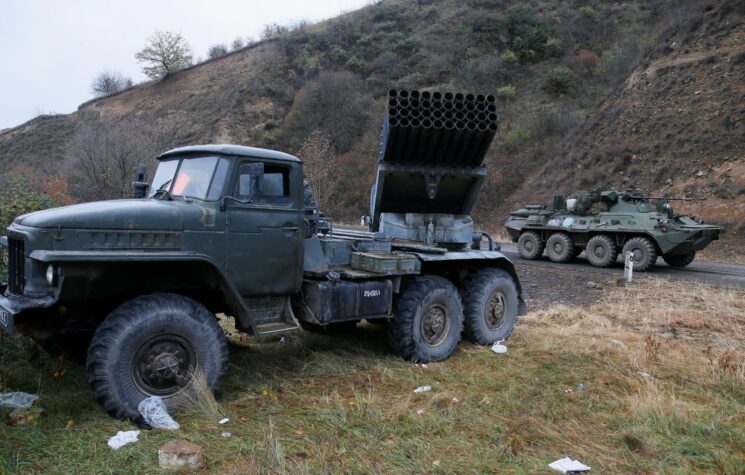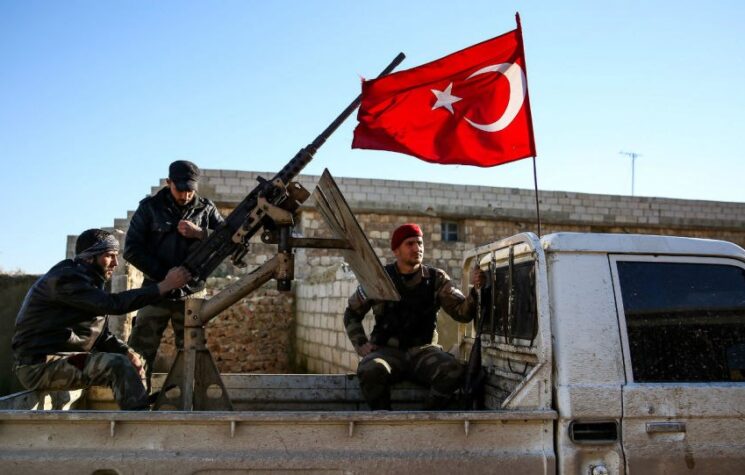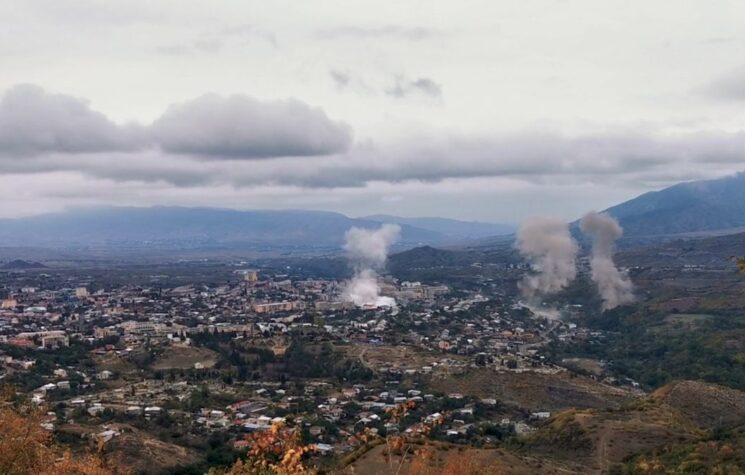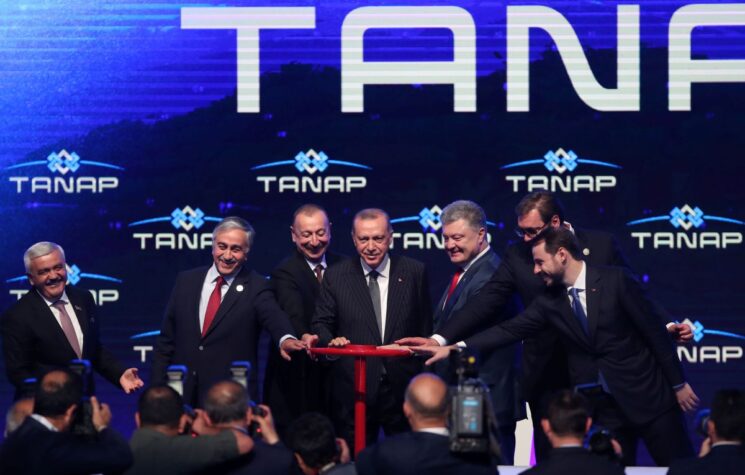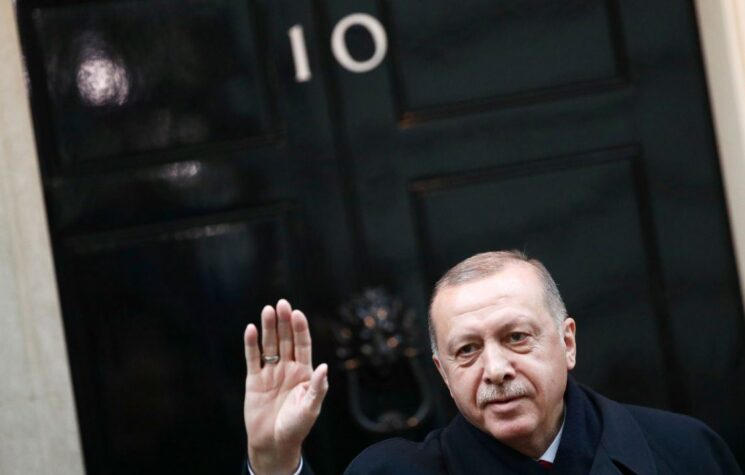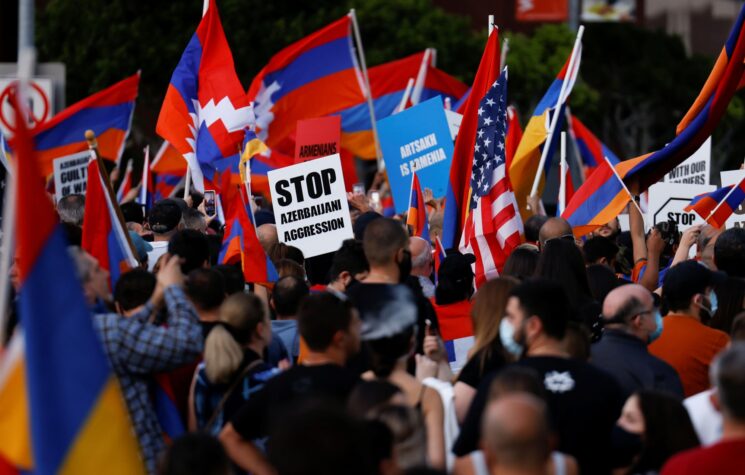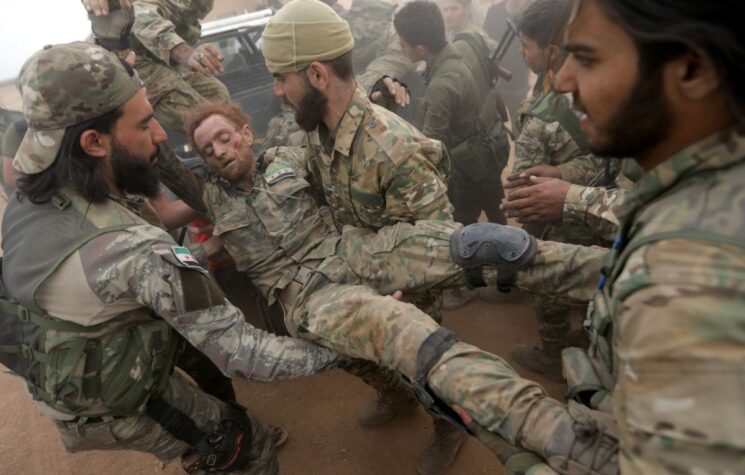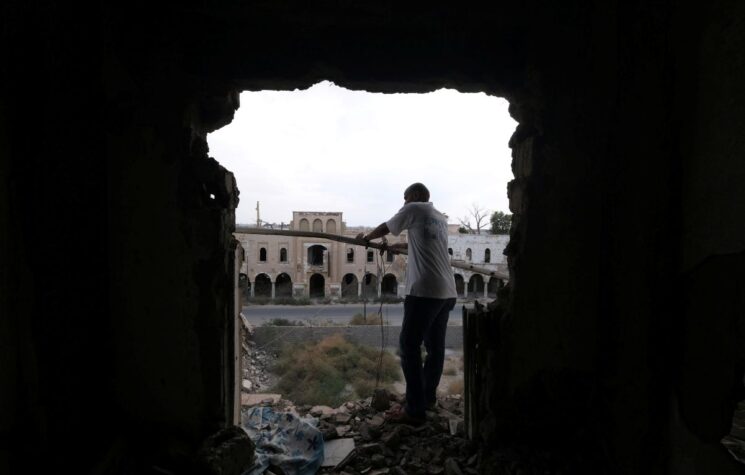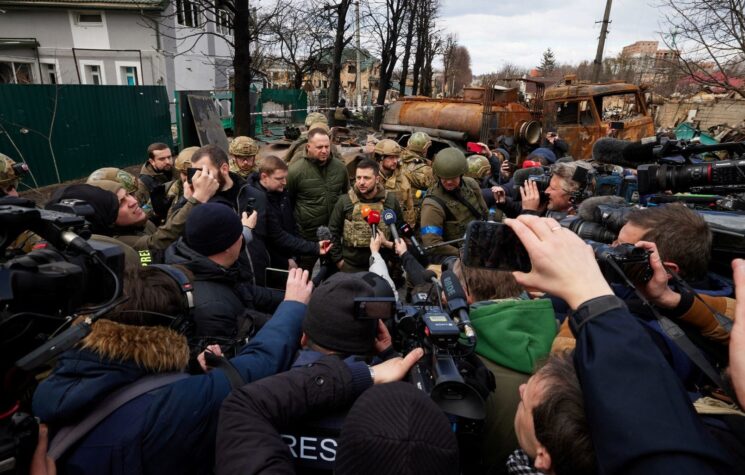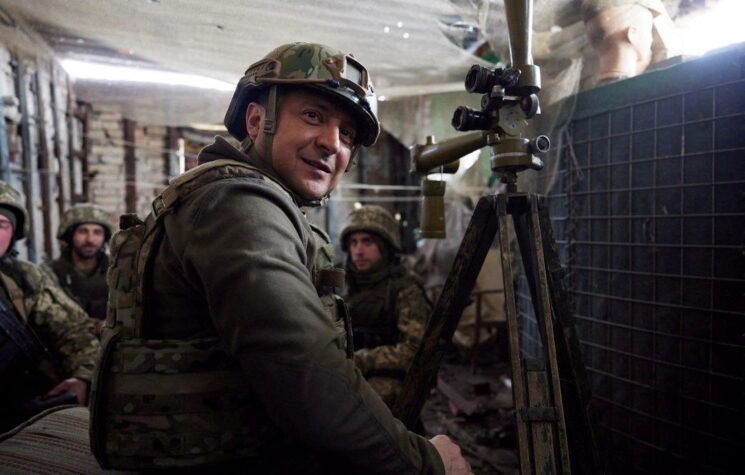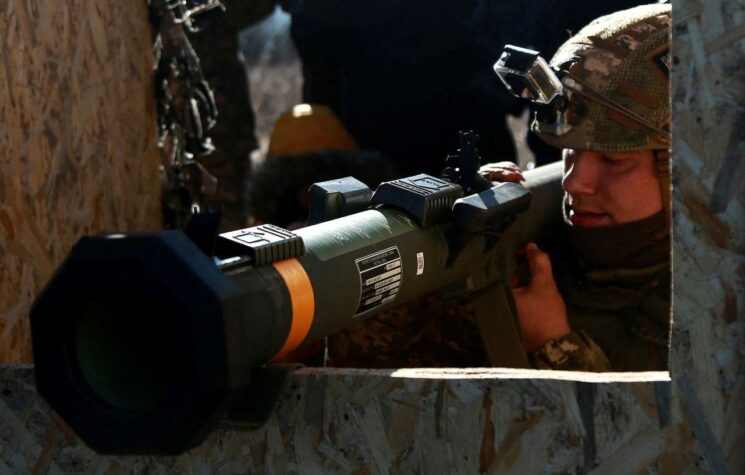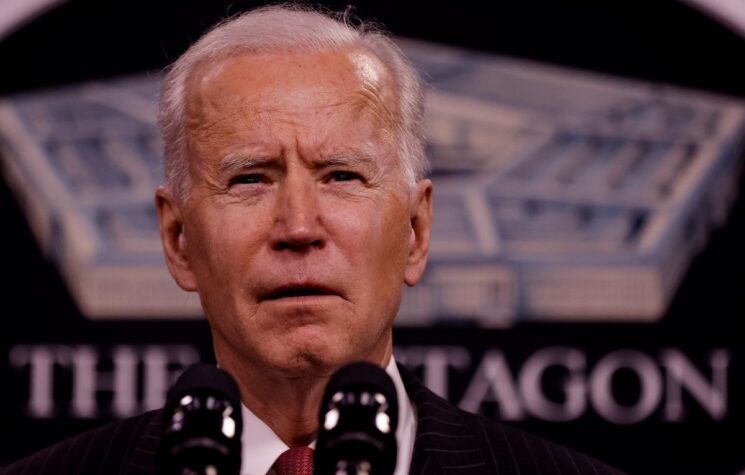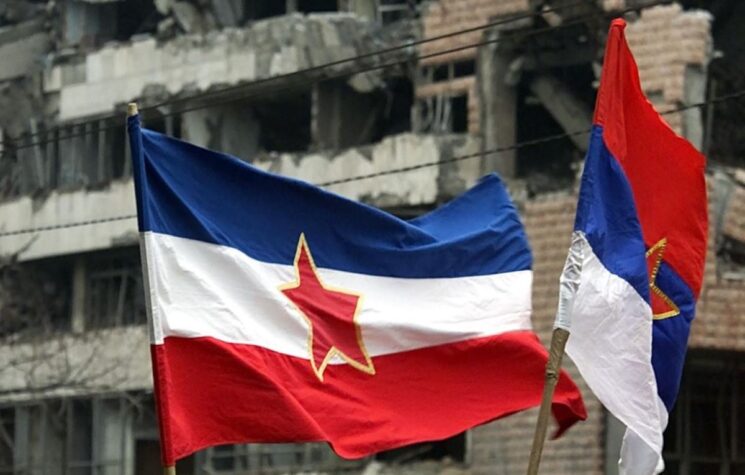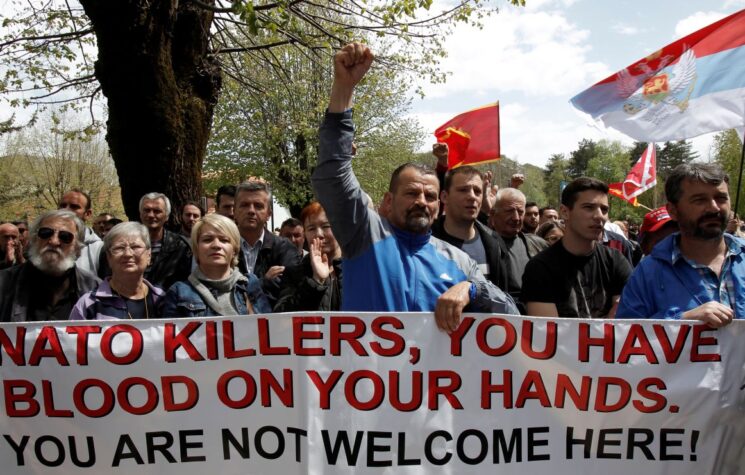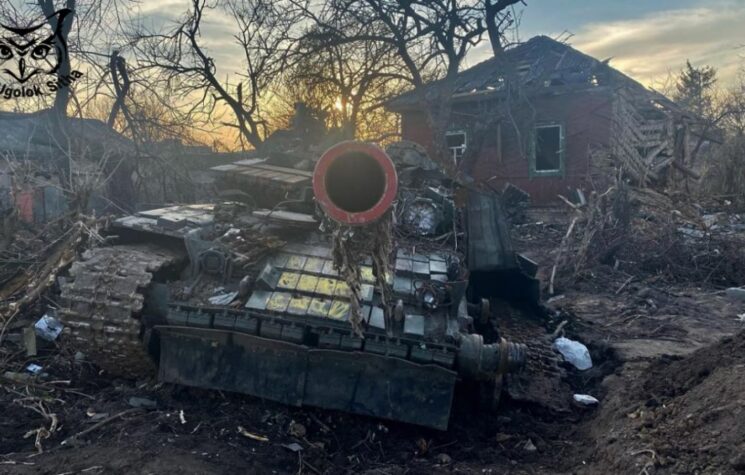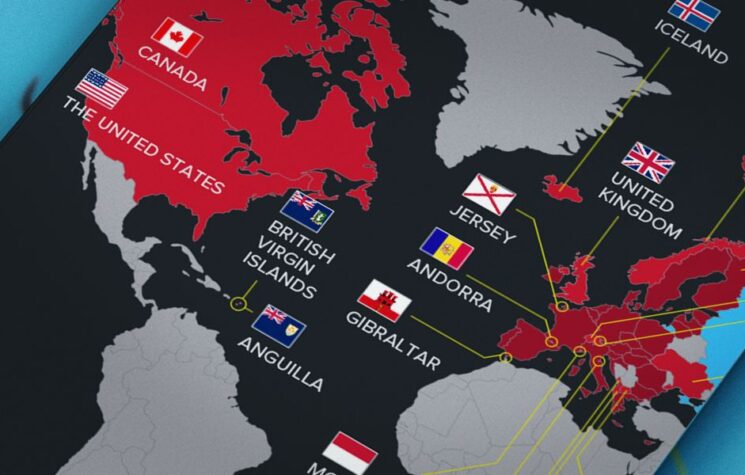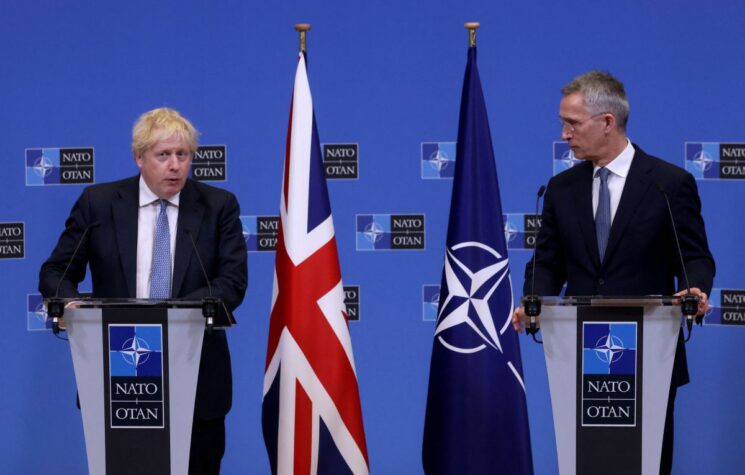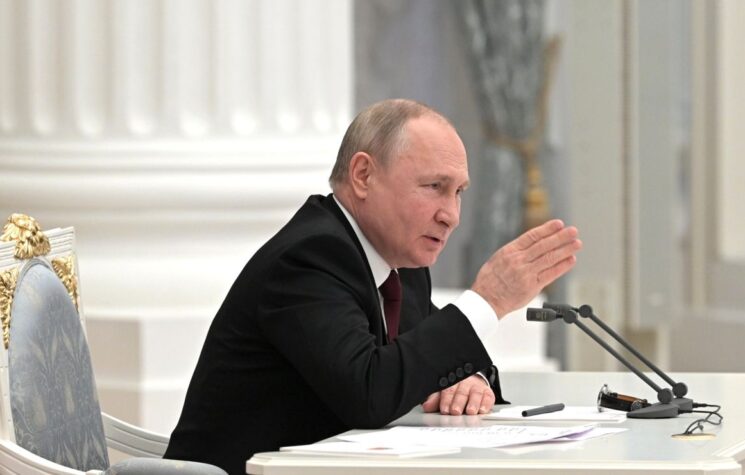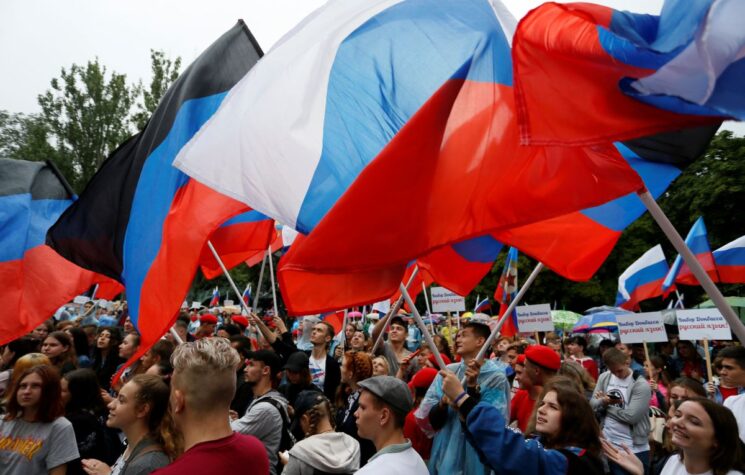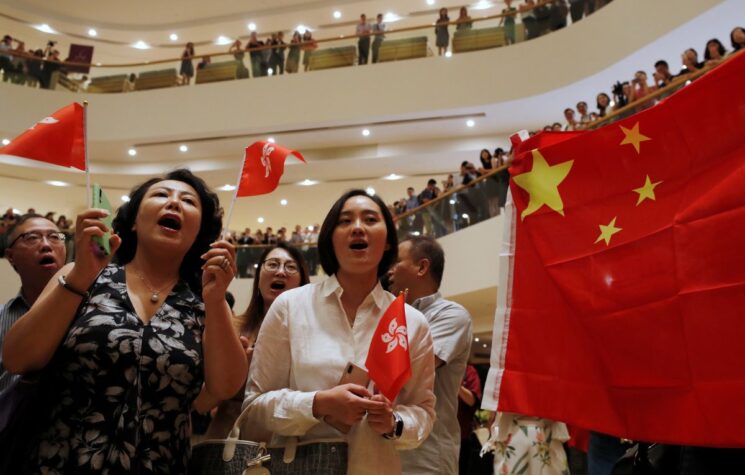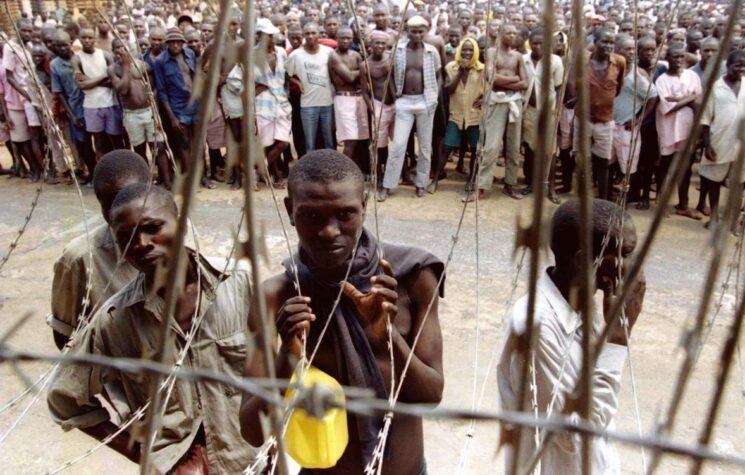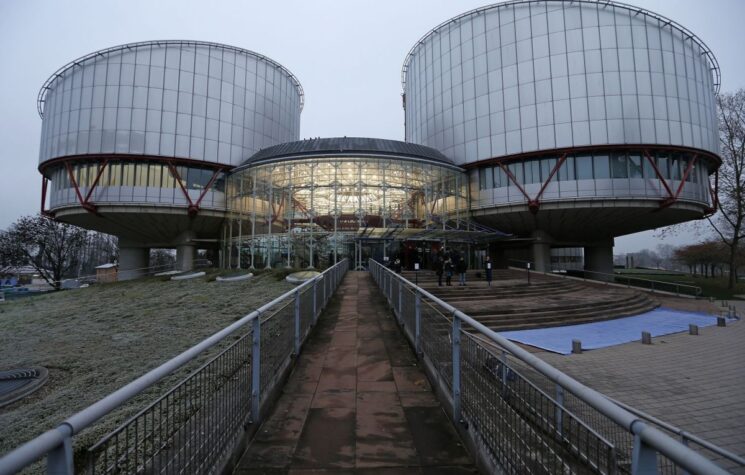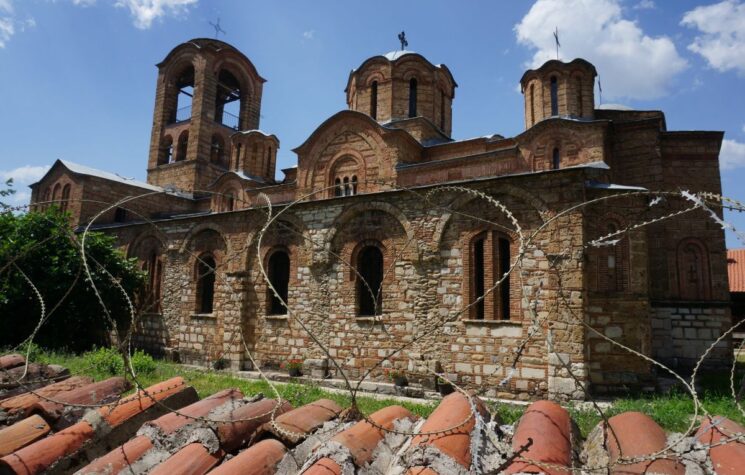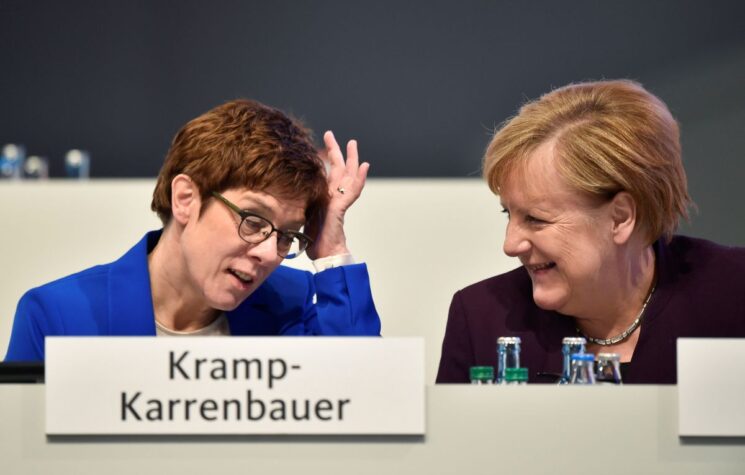No matter what a given person or entity does, some will always find fault, on account of having an overly biased and logic defying stance. Columbia University academic David Phillips’ November 15 National Interest piece “Armenia Was Forced to Sign a Ceasefire Agreement with a Gun to Its Head“, finds blame with all of the parties directly and indirectly involved in the Armenian-Azeri dispute, with the exception of Armenia itself.
Phillips embodies a neolib/neocon leaning U.S. foreign policy establishment narrative, which over the course of time has proven to be hypocritically faulty. This bias explains the negative highlighting of Armenia signing under duress, unlike 1990 Yugoslavia (then consisting of Serbia and Montenegro), relative to Kosovo. In the latter instance, Phillips spins Kosovo as having been “liberated”, as in taken away from Serbia.
In the aforementioned National Interest commentary, Phillips’ disparaging of Russian peacekeepers is hypocritically inappropriate and inaccurate; especially when considering his comparatively tame response to the post-1999 Albanian nationalist abuses against Serbs in Kosovo, under the NATO led KFOR peacekeeping operation. Then again, the Serbs were often enough typecast as the overwhelmingly heavy bad guys in the 1990s period of Balkan area fighting – never mind the facts to the contrary, which reveal a more nuanced situation.
The conflict involving Armenia and Azerbaijan is another such reality. The Armenians unjustly suffered in the past – something that modern day Turkey and Azerbaijan (as well as some others) downplay. As the Soviet Union was breaking up, the Armenian majority in Nagorno-Karabakh sought to be separate from an independent Azerbaijan. Shortly thereafter, numerous Armenians experienced violence in the Azeri capital Baku.
After the Soviet breakup, Azerbaijan was headed by a pro-Turkish/anti-Russian tilted government, when the Armenians were militarily more adept than the Azeris. During this period, the Armenians established a clear dominance in the areas of the former Azerbaijan SSR (Soviet Socialist Republic) which they controlled. Many Azeris fled these areas with harsh stories.
As the years passed, the Aliyev family (father then son), have governed Azerbaijan, with improved Russian-Azeri relations, as Russia sought to maintain good ties with Armenia. Azerbaijan’s fossil fuel wealth and larger (compared to Armenia) population didn’t bode well for the future of Armenian dominance on some former Azerbaijan SSR land.
The Azeris have never gone against the position that the boundaries of the former Azerbaijan SSR remain in place as an independent state. This posture has solid international backing. In a certain sense, Armenia has diplomatically contradicted itself by not formally recognizing Nagorno-Karabakh’s independence (unlike some individual states and towns within several countries and a few disputed former Soviet territories which do), or formally recognizing Nagorno-Karabakh as a part of Armenia.
With considerable Turkish support, the successfully recent Azeri military advance took many by surprise. It’s first and foremost the responsibility of Armenia to be best informed of any potential armed action against it. In a world where might often still makes right (whether one likes it or not), Armenia isn’t a major power.
Armenian Prime Minister Nikol Pashinyan, didn’t help Armenia’s standing with Russia, by saying and implementing some Russia unfriendly stances. The recently signed peace agreement involving Russian peacekeepers saved Armenia from a greater loss. A BBC segment included a withdrawing Armenian soldier, approving of the war’s cessation, saying that he and his comrades would’ve been annihilated. For the immediate future, the Russian peacekeeping role and increased global attention, serves to diminish the likelihood of further violence in the former Azerbaijan SSR.
Russia has good reasoning to seek positive relations with Armenia and Azerbaijan. Over the decades, the U.S. has jostled over Greek-Turkish differences, including the matter of northern Cyprus.
Pashinyan comes from a media background. Another BBC segment said that the Armenian public’s outrage over the deal stemmed from the Armenian government not initially giving an accurate portrayal of how the recent fighting was actually going. Like the former Georgian President Mikheil Saakashvili (now criminally wanted in Georgia) and some other Soros preferred neolib slanted individuals from the former Communist bloc, Pashinyan’s image as a democratic reformer has been challenged.
Regarding the Armenian-Azeri dispute, another Russia bashing moment is evident in the November 11 Al Jazeera Inside Story show “Will the Latest Ceasefire Bring Peace to Nagorno-Karabakh?“. This particular show highlights that Armenian officials declined an appearance. Meantime, there was no mainstream Russian representation, as that country’s role was denigrated.
One of the guests, Turkophile Matthew Bryza, belittles Russian peacekeepers, by noting their presence in the former Georgian SSR, with a questionable take on how the 2008 war in the former Georgian SSR started. It was the Georgian side under the neocon/neolib preferred Saakashvili, which brazenly went into South Ossetia killing Russian peacekeepers and some other Russian citizens.
Bryza said that Armenia has just suffered its greatest defeat since the Bolsheviks and perhaps before them. What utter BS, given the genocide of the Armenians, which isn’t recognized by Turkey, Azerbaijan and the U.S. My anti-Communism aside, the USSR provided Armenia with a republic. Prior to the Soviet Union, Armenians were slaughtered and driven from their homes en masse, largely on account of the belief that they generally favored Russia over Turkey.








